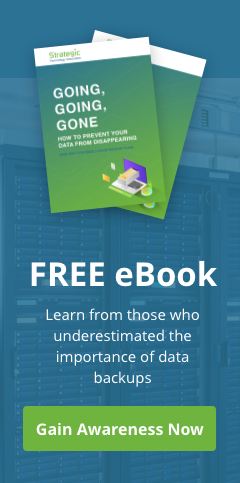The new year is well upon us, and with it comes an equally new IT budget. Judging by the advancements in computing technology, many 2017 business wish lists probably include powerful onsite servers, workstations, and the Internet of Things. But as tempting as these purchases may be, it’s important that you don’t dismiss an old yet essential IT resolution: disaster recovery.
Why consider disaster recovery for 2017
4 Lessons to learn from Delta’s DR failure

Delta is paying big for the IT outage that occurred last month: millions of dollars in damages, 2300 cancelled flights, and significant reputational damage. Despite the harsh cut to the airline’s bottom line, Delta will probably still survive. But the real question is this: Can your business survive after long periods of downtime? A natural disaster, power outage, or successful hack can be the downfall of many small- to medium-sized businesses.
Is your continuity plan doomed to fail?
The DR benefits of Virtualization
3 Disaster Recovery myths
How you can benefit from virtualization

Whether it’s to backup your servers, upgrade your hardware or move towards a full-blown cloud based system, virtualization has become a popular solution for many companies. While the term virtualization has increasingly become a cost-effective strategy for many businesses, is it the right one for you? Here are some advantages to deploying a virtual system to your company plus some factors you should consider before making the final decision.
The Importance of Disaster Recovery
Business interruption insurance 101

While it is highly likely that you have an insurance policy that will cover your small or medium-sized business in the event of a disaster, chances are you don’t have business interruption insurance. The majority of smaller companies tend to overlook interruption policies, believing (or at least hoping) that regular insurance will be enough to protect them.






